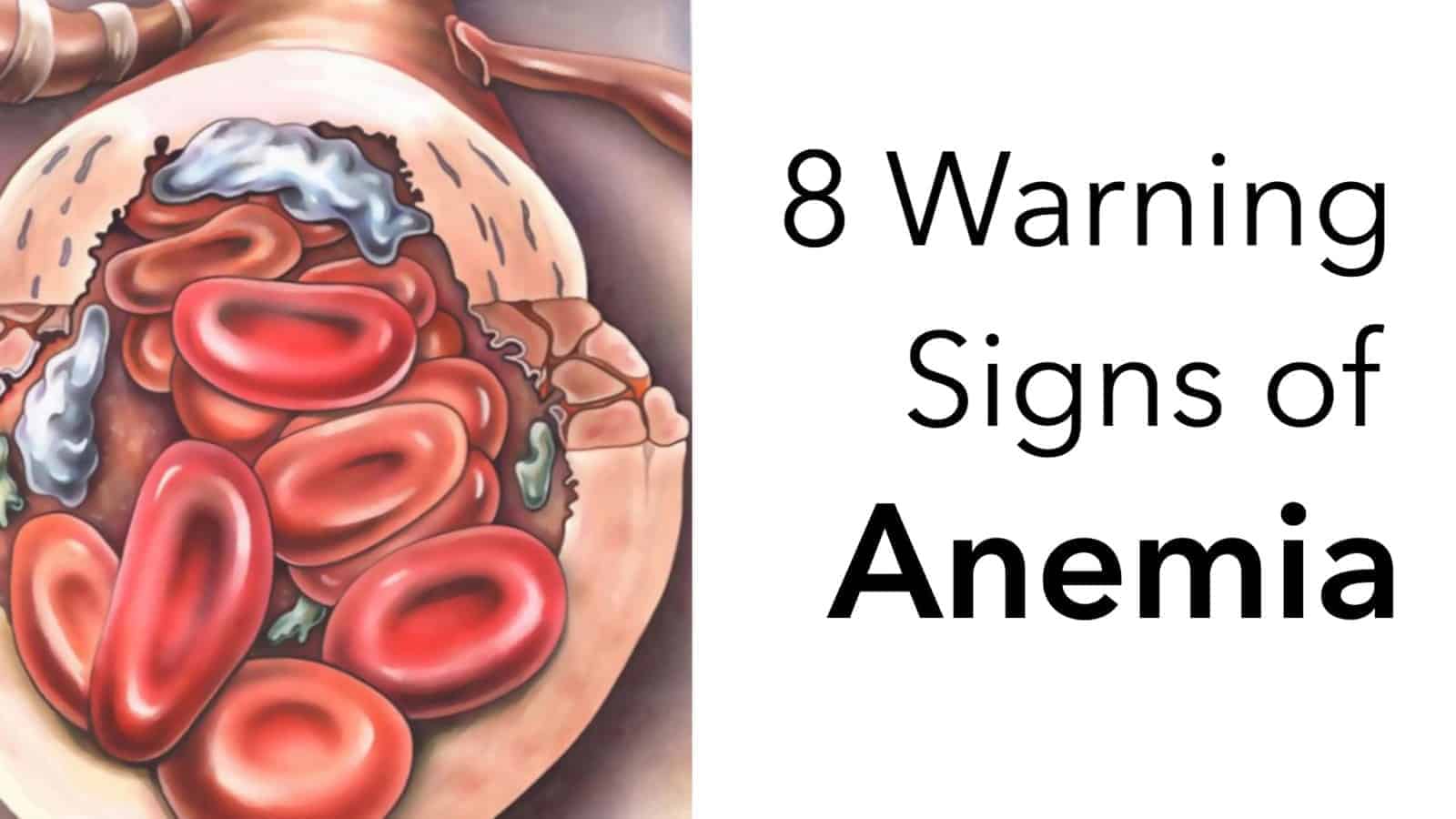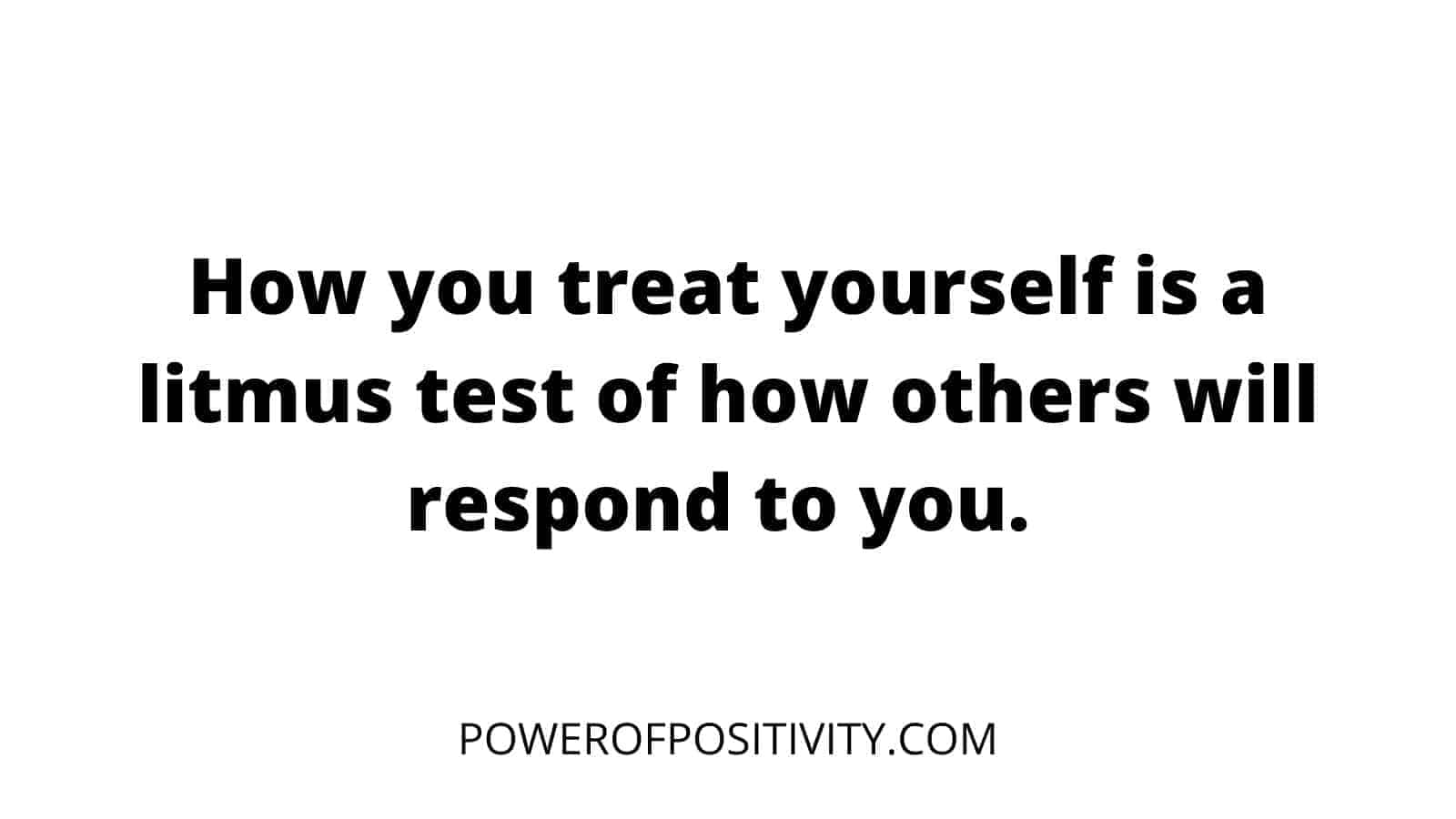“One of the dilemmas with anemia is that the symptoms are pretty ubiquitous: tiredness, weakness, some difficulty in thinking clearly. They’re all kind of vague.” – Dr. Allen Nissenson
Not many people know the warning signs of anemia, despite the fact that iron-deficiency anemia is one of the most common forms of the subtle and quiet disease. Your body needs iron, and it is essential to the making of healthy red blood cells. Without iron, your body has trouble making the blood cells – which means that loss of blood from a cut or a woman’s menstrual cycle can cause complications.
Not to mention, being anemic in and of itself, even without blood loss, can cause trouble in one’s day-to-day lives. “Bleeding is one of the most prominent causes of iron deficiency, because when you bleed you lose red blood cells that contain iron,” says professor of medicine Dr. Allen Nissenson.
Therefore, knowing the signs of anemia can put everyone ahead of the curve and make sure that getting the proper diagnosis and treatment early on will prevent any complications.
Here Are Eight Warning Signs Of Anemia
Watch for these red flags and seek a doctor’s help right away.
1. Fatigue
According to the National Heart, Lung and Blood Institute, “The most common symptom of all types of anemia is fatigue (tiredness). Fatigue occurs because your body doesn’t have enough red blood cells to carry oxygen to its many parts.”
A lot of people feel fatigue for a number of reasons: stress, sickness, other illnesses. But the fatigue that people who are anemic feel is much different than the fatigue one might feel after a restless night’s sleep. People who are anemic often report feeling exhausted 24/7. If the tired, sluggish feeling is affecting your quality of life, anemia might be the culprit, and a doctor’s visit is in order.
2. Pale membranes
The mucous membranes over your eyes are a great indicator of whether or not someone is suffering from anemia. To locate it, look for the waterline that’s above your lower lash line. This is an area that’s full of veins, and should be pumping healthy blood through them. If the waterline beneath your lower lashes looks extremely pale, this could be a sign you’re not getting enough blood – thus, anemia.
3. Trouble catching your breath
“Most people with anemia are comfortable sitting still. However, they often feel dyspnea during physical activity because the blood cannot deliver the increased oxygen the body requires. Thus, they breathe rapidly and deeply in a reflex effort to try to increase the amount of oxygen in the blood,” says Associate Professor of Medicine and Director Noah Lechtzin, MD, MHS.
Therefore, if a short climb up the stairs winds you, or if you feel like you just can’t catch your breath after a brief exercise, this is a sign that your body isn’t getting the oxygen that it needs through healthy red blood cells. Along with this, dizziness and feeling light-headed are also signs that your body isn’t getting enough oxygen through your blood cells.
4. Anxiety
If you already suffer from an anxiety disorder, it may be hard to pinpoint exactly whether or not this applies to you. However, if you’ve recently developed anxiety symptoms such as a racing heart, anemia may be the culprit. The reason being, is that your blood is pumping harder and faster, trying to get more oxygen. The feeling that results is one of a racing heart – anxious feelings with no anxious thoughts.
5. Going numb
Your body needs to ration where the blood goes, and the organs are the most important parts of your body. So, in a shortage of healthy blood to use, your body may start using the blood that goes to your arms, hands, legs and feet in order to keep a strong supply of blood in other parts of your body. This means that you’re likely to experience some numbness in your extremities.
6. Headaches
Everyone gets headaches every once in a while, so a headache by itself doesn’t often point to anemia. However, if other symptoms on the list are checked off, and you’re also experiencing frequent headaches without any relief from pain relievers, you might want to visit your doctor and get tested for anemia. Headaches, coupled with other symptoms, can be a sign that your body isn’t getting enough oxygen and blood in the places it needs to go.
7. Heavy or irregular periods
In women, anemia can be caused by uterine fibroids, which are located inside of the uterine cavity. These fibroids are often the cause of extremely painful, heavy periods. Women who have noticed an irregularity in their periods, as well as heavier than usual bleeding and painful cramps, should talk to their doctor. The culprit just may be iron-deficient anemia.

8. Trouble concentrating
Some people refer to this as ‘brain fog’, because it may feel like there’s a veil of fog cast over all of your thoughts. Not only this, but people who feel like they have sudden trouble keeping their thoughts straight, concentrating, and remembering things may experience this because “Low iron levels can have an impact on work performance, judgment and the ability to focus,” says registered dietitian and certified diabetes educator, Maria Ricupero.
Final thoughts…
Without knowing the reason, many of these symptoms can be troubling, or simply brushed off as something else. Anemia affects hundreds of thousands of people, and is more common that one might think. Once all the signs are there, the rest is up to you – getting yourself to a doctor if you suspect that you might be suffering from anemia will ensure that you get the proper tests and the right diagnosis, so you can get back on the track of good health.




















